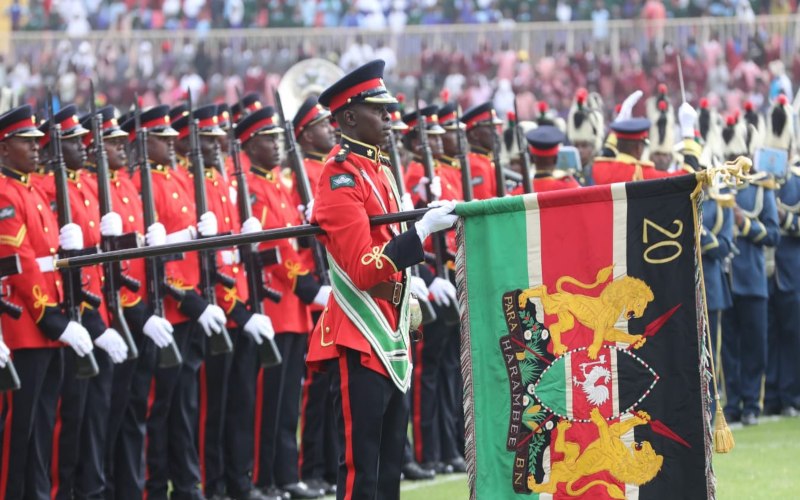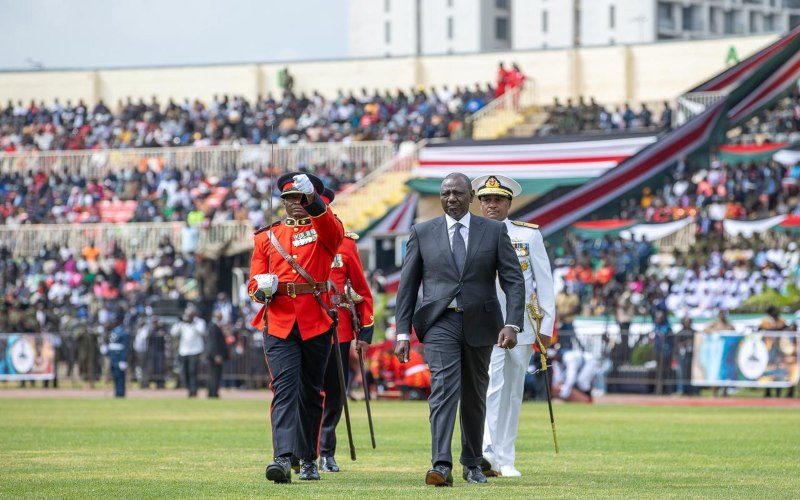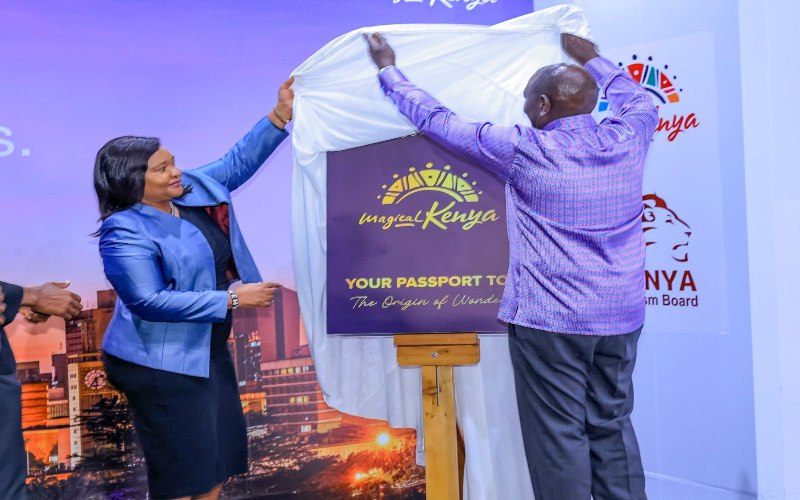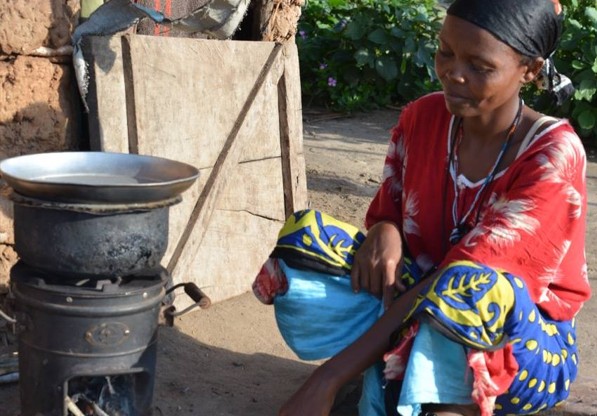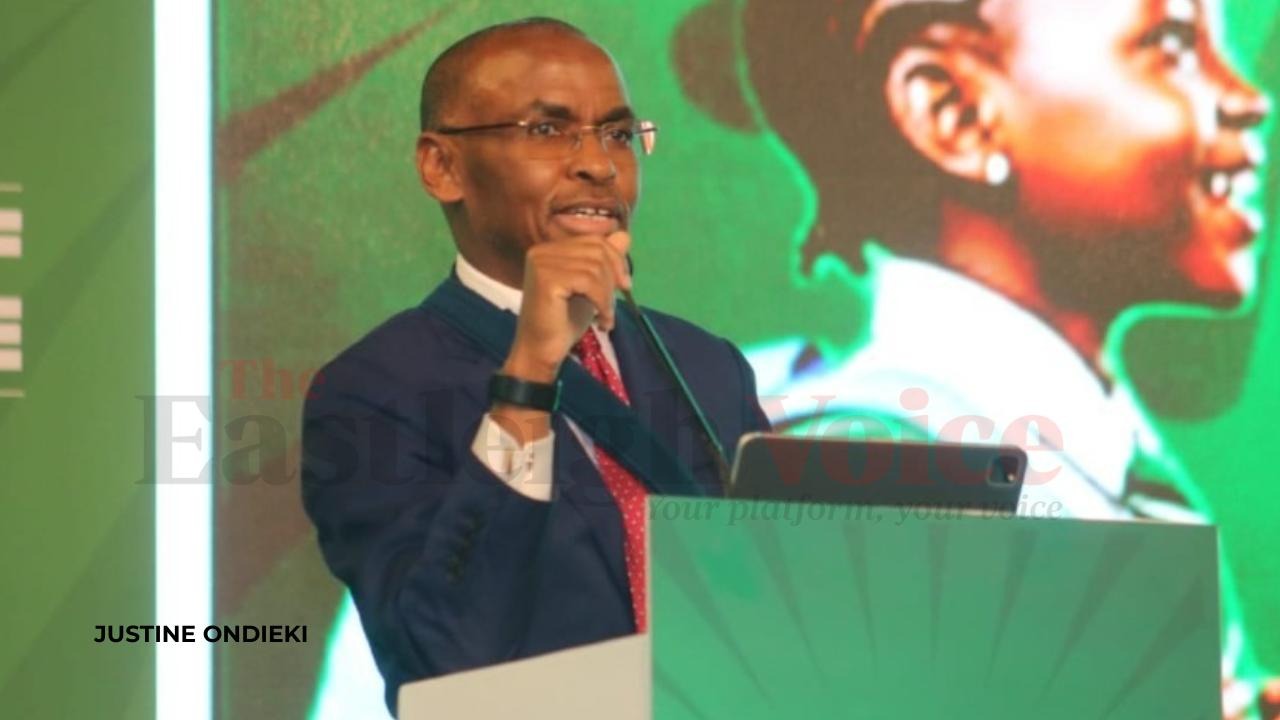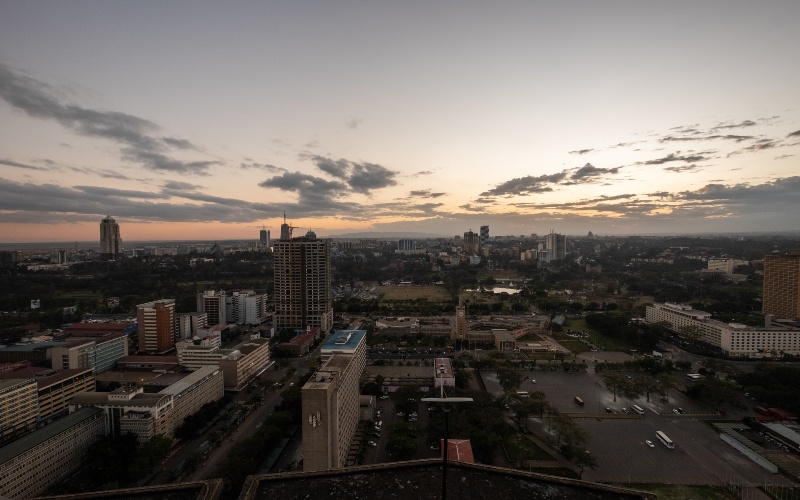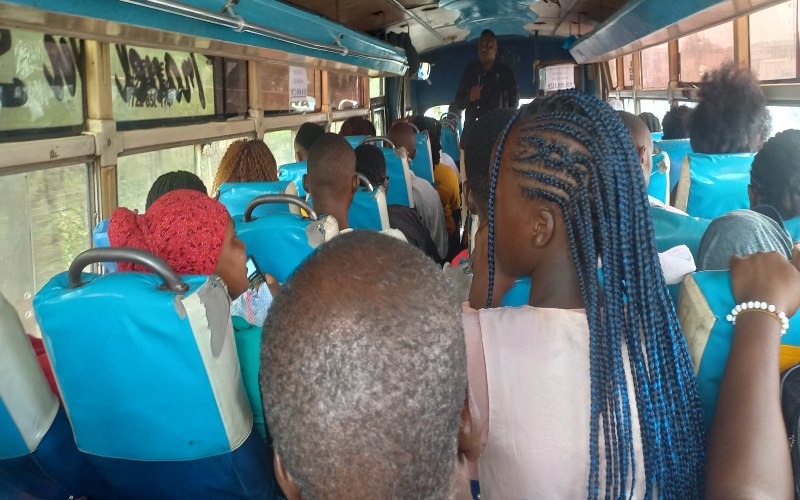Sick and exhausted: Children from DRC represent new face of Uganda’s growing refugee crisis

The growing demand against a shrinking pool of resources has left Uganda’s refugee response in a fragile state.
Children arriving sick and exhausted are becoming the face of Uganda’s latest refugee crisis as thousands continue to cross the border, fleeing conflict in the eastern Democratic Republic of Congo (DRC). The country's capacity to respond is rapidly diminishing due to the depletion of its resources.
The United Nations High Commissioner for Refugees (UNHCR) reports that more than 41,000 Congolese refugees have reached Uganda since January, part of a steady flow fleeing insecurity in Rutshuru, Masisi, and Goma.
More To Read
- DR Congo hunger crisis worsening amid fighting and lack of aid funding
- Millions face escalating hunger crisis in eastern DRC, UN agencies warn
- Congolese army appeals to captured troops to uphold duty, loyalty
- DR Congo: The doctor who couldn’t leave Goma amid M23 takeover
- Rwanda, DRC commit to fast-track full implementation of June peace agreement
- Inside Islamic State massacres in eastern DRC: Who are the killers and why target civilians?
This surge adds to the 70,000 Sudanese refugees who have already fled to Uganda due to the ongoing war in their country.
Most new arrivals are women and children, many of whom have witnessed trauma during their flight.
“This year alone, nine children under five have died from malnutrition-related anaemia at our transit centres,” said UNHCR, referencing the Nyakabande and Matanda centres in the southwest. Many children arrive already ill, with malaria and severe malnutrition reported widely.
Points of entry
Arrivals are using three main points of entry: Bunagana, Butogota, and Sebagoro. In Kikuube, close to 4,000 refugees made a dangerous journey across Lake Albert in crowded boats, often travelling for hours in bad weather.
At the same time, some men remain behind in DRC to avoid being forced into armed groups.
At Nyakabande, the number of refugees has swelled to more than 7,000 — six times its intended capacity.
In Matanda, poor sanitation is a major concern, with an urgent need for at least 150 latrines. Health systems are struggling to provide for the growing numbers, even as some facilities have closed and medical staff have been reduced.
The strain on Uganda’s refugee support network is being felt across the country. Early childhood programmes have been halted, affecting over 330 carers.
Cuts
Teachers and school aides have also been cut. Even shelter construction for vulnerable groups has been stopped, and a 30 per cent fuel cut is affecting transport and delivery of services.
The Office of the Prime Minister and UNHCR continue to register new arrivals and carry out health screenings at the border.
Refugees are given basic supplies, hot meals, and a place to sleep. Efforts are underway to relocate about 3,000 refugees a week to settlements, but the shortage of transport is slowing progress.
Due to the lack of funds, UNHCR is scaling back legal aid and child-friendly spaces.
“We are focusing on lifesaving support and critical protection for the most vulnerable,” the agency stated, noting that border monitoring and hygiene kits for women and girls remain priorities.
The growing demand against a shrinking pool of resources has left Uganda’s refugee response in a fragile state. Without urgent funding, even the most essential services could soon become unavailable for thousands seeking safety.
Top Stories Today

